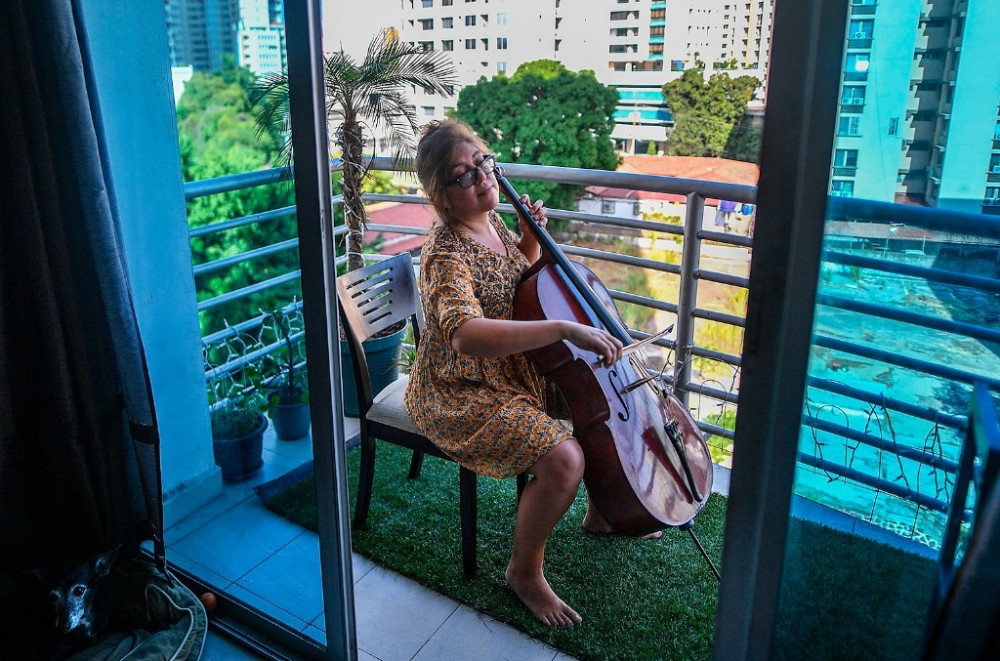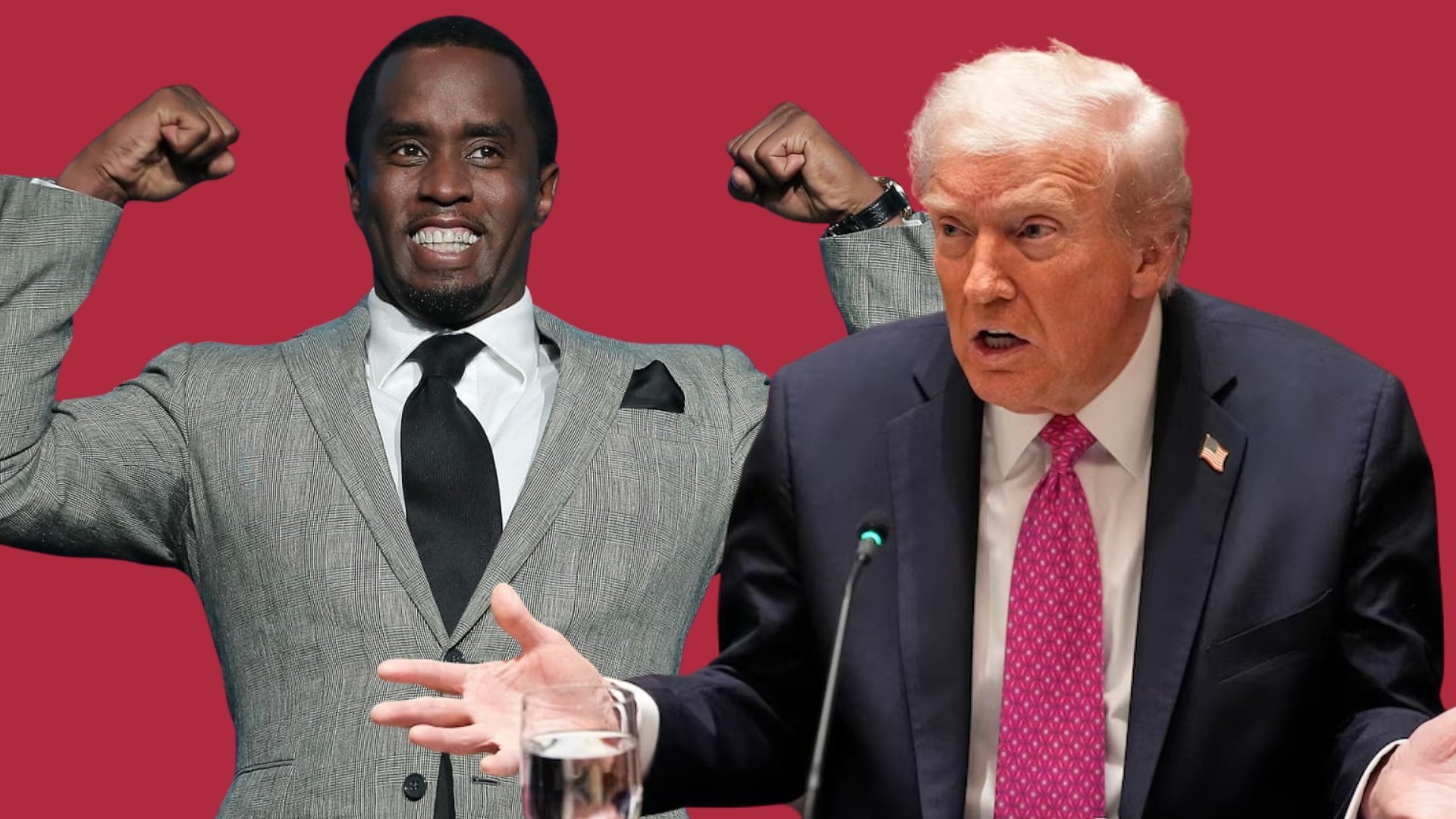On Sunday, March 15, a day after the Spanish government formally issued a stay at home order over the novel coronavirus, Alberto Gestoso moved his keyboard to the balcony of his apartment and serenaded his neighbors.
Shortly after, Alex Le Brontorrent, who lives in an apartment a few doors down, joined him on the saxophone. Together they improvised a beautiful instrumental version of Celine Dion’s “My Heart Will Go On” for their neighbors on lockdown. Gestoso and Brontorrent did not know each other prior to this moment — in fact, that Sunday afternoon was the first day they ever interacted, connecting on their respective balconies in Barcelona through the power of music.
The sweet musical moment, which also showed neighbors of all ages enjoying the improvised balcony performance and the Basílica de la Sagrada Família just down the street, was captured by Gestoso’s partner Roman Santana in an Instagram video that has since amassed over two million views.
“The only thing I wanted to do was play music for my street,” Gestoso, a 37-year-old computer scientist who has been playing the piano for 22 years, tells Billboard. “My main objective was to help people disconnect because all that was talked about in the news was coronavirus. Maybe this moment served as a relief to my neighbors. My goal was not to go viral at all.”
Like Gestoso, many artists and musicians have been using music as an escape from the current health crisis reality. “Music cures. It helps you relax and disconnect,” he says.
View this post on Instagram
Tampa-based psychologist Cristina Barcelo agrees. “Music is scientifically proven to have a special effect on the brain, the body and even the emotional aspects of the human being,” she says to Billboard in a phone interview.
Barcelo, a marriage and family therapist with a specialty in trauma and a holistic approach, uses music on her clients suffering from depression, anxiety or PTSD. “One of the recommendations that is a MUST is to engage in any sort of musical activity — whether it’s dancing, playing it or singing — because of the positive effects it’s going to have on the brain,” she says. “I’m actually glad that musicians have had the initiative to understand how much people are in need of having an escape or a tool to be able to use from the comfort of their home to deal with this specific situation that we’re currently in.”
In addition to the viral “balcony concerts” that have become popular in countries such as Italy and Spain, virtual shows have become the new norm among artists. It’s an initiative that Barcelo says gives a sense of relief because it shows that no one is alone and everyone is going through this together.
Franco De Vita, like scores of artists, has used technology and social media as a form of keeping in touch with his fans. The Venezuelan singer-songwriter, who currently resides in Madrid, penned a heartfelt song about the effects that COVID-19 has on humanity called “Fragiles” (Fragile). “I never thought I would miss a hug so much,” he croons over a soothing melody. “Our lives, our dreams, fragile / Our bodies, our homes, fragile,” says the impacting chorus.
“I sat at the piano, reflecting on the world situation that has touched us in one way or another. The music started to flow and the words were born in a natural way,” De Vita tells Billboard of the song. He emphasizes that his only intention with “Fragiles” is to motivate his fans to stay home, and for them to remember that moments of hugs and kisses will soon come.
According to Barcelo, the best music to listen to ease the stress and tension during these trying times is “anything that is going to produce more relaxation in our brain waves” — such as classical music, instrumental, or even soft lyrics.
“If you’re feeling anxious, take at least five minutes of your day to sit down, take a couple of deep breaths and engage in relaxing music,” she advises. “It’s going to help you relax and increase the oxygen level of your body, which is also what creates the calming effect in the body, mind, and spirit.”
As renowned musical artists continue to make the rounds with at-home live sessions, local talents, such as Gestoso, continue to comfort their neighbors from their balconies.
“I will do everything possible so that music touches every part of the planet,” he says. “When this is all over, we will have a street concert and celebrate together. But for now, we will continue with our balcony concerts because the power of music is very important during these times.”
“The power of music does not have limits,” adds De Vita. “Music heals, music unites. It’s medicine for the soul.”




